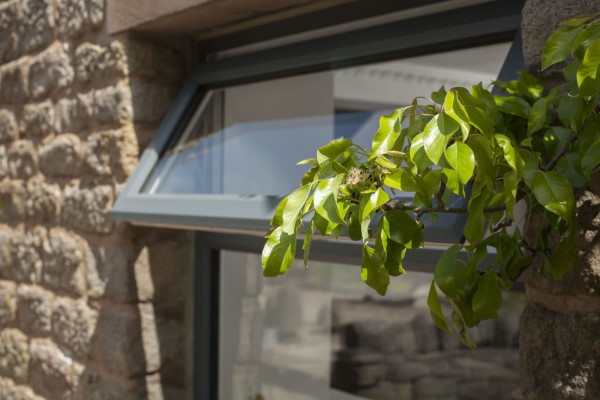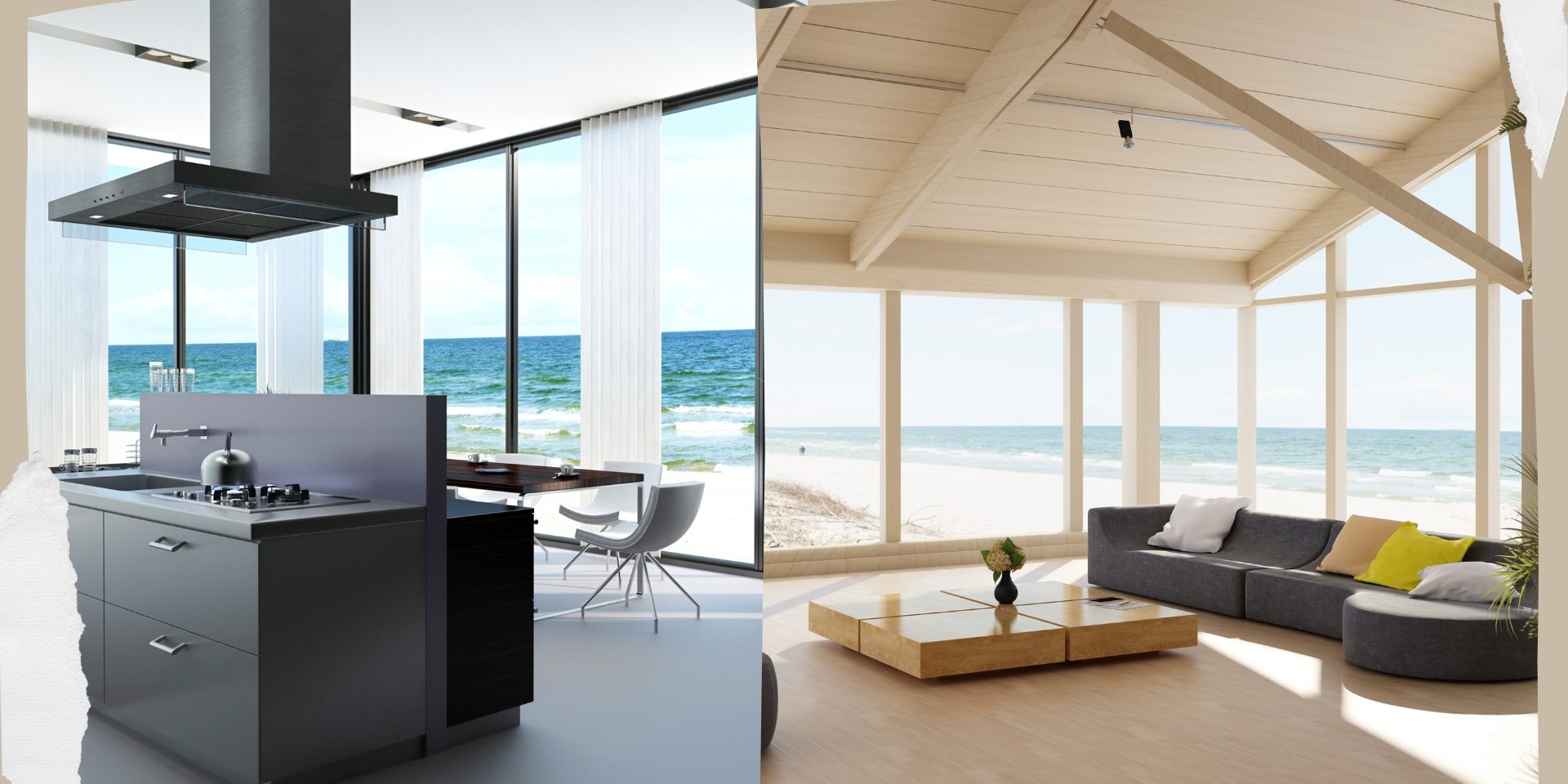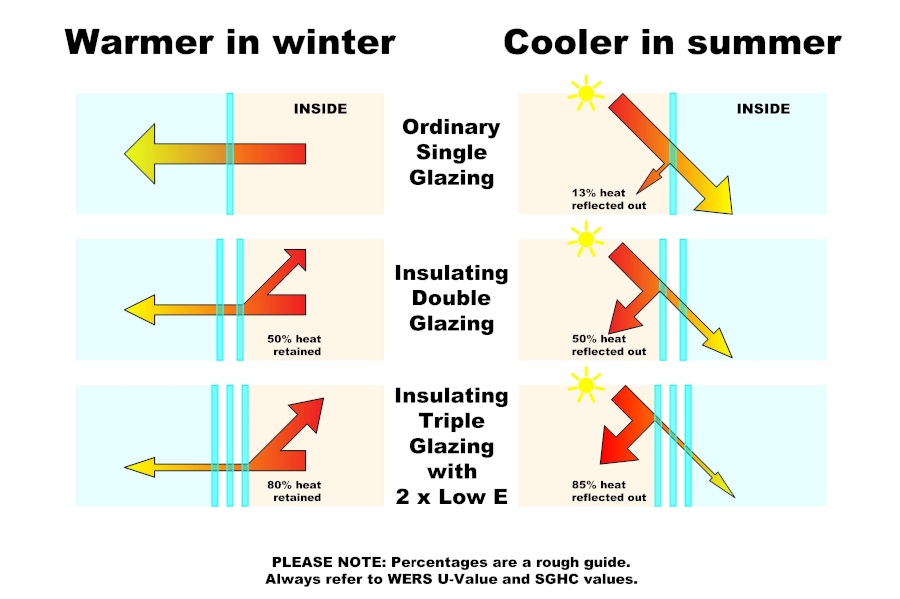All Categories
Featured
Table of Contents
Does Double Glazing Reduce The Heat In Brisbane's Summer? in Yangebup Western Australia
Laminated glass is often utilized in areas in the home most vulnerable to injury from human impact such as restrooms, doors, around staircases and in areas close to the flooring (it meets the requirements of 'shatterproof glass' that is mandated for use in these locations by Australian Standard AS 1288 Glass in buildings).
Toughened glass has been 'tempered' by being reheated and quickly cooled again. This procedure makes it much more powerful than standard glass it can withstand greater impact loads prior to breaking. It likewise makes it more secure because, when it does shatter, it gets into lots of small cubic pieces rather than hazardous fragments.
What Are Double Glazed Windows? in Brookdale Perth
Toughened glass has no thermal or acoustic advantages over other glass of the same toning or density. Secondary glazing is where single-glazed windows are retrofitted with a transparent acrylic or glass sheet connected to the within the frame or openable sash with a secondary frame or with magnetic strips.


Secondary glazing will not carry out too thermally as a made IGU, given that it is impossible to completely seal the perimeter, but it can supply good noise control. Window movies are a thin polymer movie containing an absorbing dye or reflective metal layer, with an adhesive support. They stay with your glazing to change its colour or make it reflective.
Double Glazed Windows Sydney in Orelia WA
Applied to existing glass, some window films can cut in half the general SHGC of the window by soaking up and/or reflecting solar radiation. This can be particularly useful in hotter climates where cooling is the primary concern, or on east and west elevations straight exposed to extended periods of sunlight. Nevertheless, window films may also lower noticeable light transmittance.

For this factor, it is generally best to use a recognized installer of window movie. Frames have a significant influence on the thermal efficiency of windows and doors, since energy can be gotten and lost through the frame, in addition to through the glass. Various types of frame will allow different levels of heat gain and loss, so mindful option of frame is essential for efficient passive style.
Keeping Your Cool: The Benefits Of Double Glazed ... in Embleton Perth
Aluminium is likewise a very good conductor of heat and will reduce the insulating value of a glazing unit, unless particularly crafted to lower this. A 'thermally broken' frame is made up of 2 aluminium areas linked by a structural insulator (usually a low-conductivity structural polymer). This 'breaks' the thermal connection through the aluminium and reduces the heat streaming through the frame.
Lumber frames are an excellent natural insulator that can match some home styles. Timber frames ought to be made from species that have naturally high toughness or be treated to avoid decay and contortion.
Double Glazed Windows Sydney & Replacement Windows in Coolbellup WA
This can result in spaces that permit air infiltration unless good draught sealing (weather condition stripping) is set up. u, PVC is a type of plastic (unplasticised polyvinyl chloride, also referred to as stiff PVC). u, PVC frames offer excellent thermal efficiency, frequently much better than timber or thermally broken aluminium. u, PVC is long lasting and needs very little maintenance, and can be moulded into intricate profiles that provide outstanding air seals.
u, PVC doors and windows have exceptional thermal performance Image: Ben Wrigley (Light House Architecture and Science) Composite frames use aluminium profiles on the outer areas with either a wood or u, PVC inner section. These integrate the low maintenance and durability of aluminium with much enhanced thermal efficiency.
Latest Posts
Double Glazed Windows: A Complete Guide in Sorrento Western Australia
Faq in Wellard Western Australia
Will Triple Glazing Make My House Warmer? in Darling Downs Perth